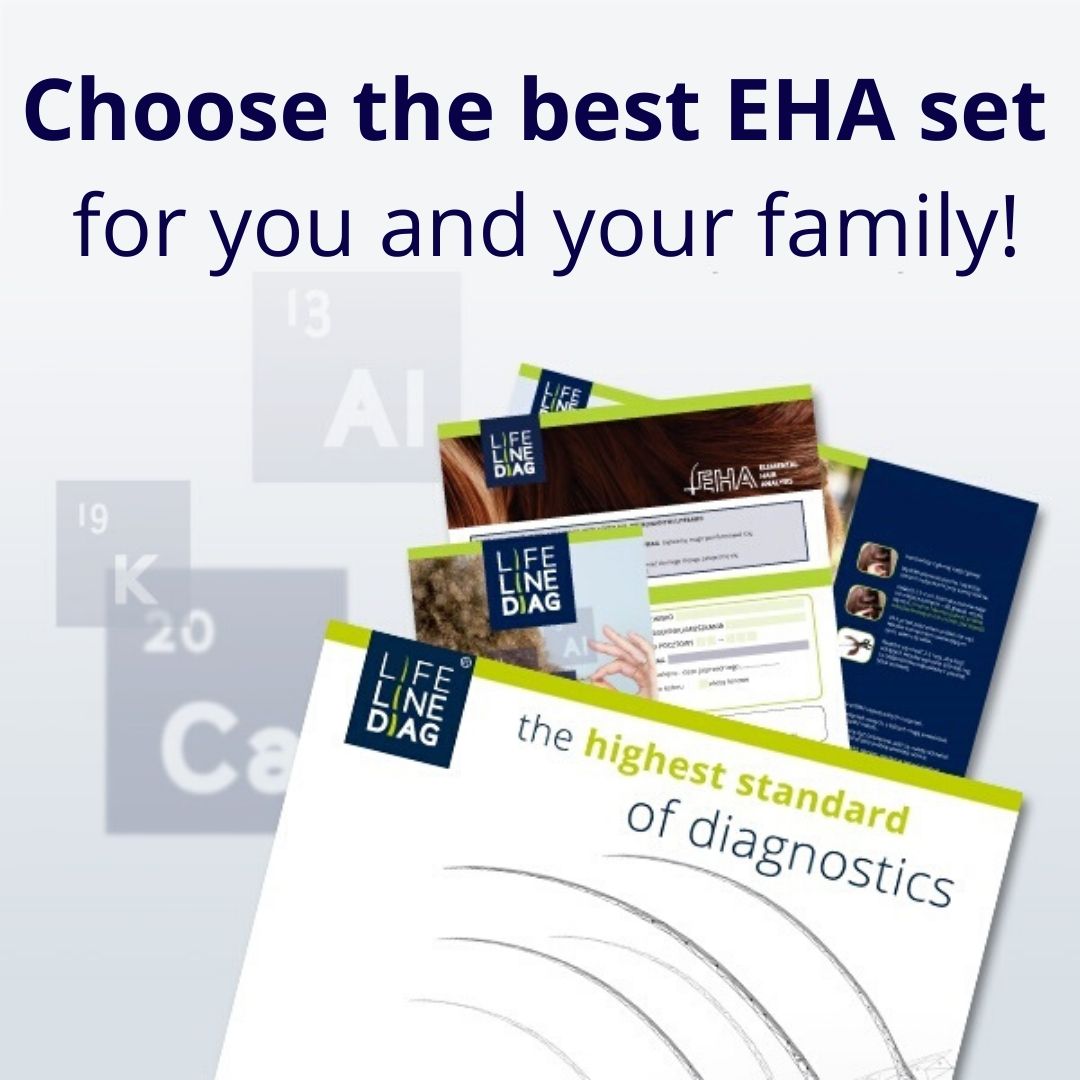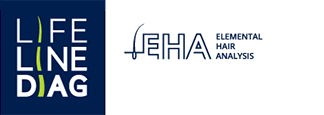 In recent weeks, there has been global chaos associated with virus, which has already infected more than 2 500 000 people in the world. How do you remain calm in this situation? First of all, don’t panic and stick to the rules that will ensure safety for you and everyone around you. Appropriate behaviour in the urban space, compliance with the imposed quarantine and basic hygiene rules minimizes the risk of infection and the spread of an epidemic. Can anything else be done? Yes, you can strengthen your immunity, on which everything depends.
In recent weeks, there has been global chaos associated with virus, which has already infected more than 2 500 000 people in the world. How do you remain calm in this situation? First of all, don’t panic and stick to the rules that will ensure safety for you and everyone around you. Appropriate behaviour in the urban space, compliance with the imposed quarantine and basic hygiene rules minimizes the risk of infection and the spread of an epidemic. Can anything else be done? Yes, you can strengthen your immunity, on which everything depends.
Immunity (in Latin, Immunitas) is the body’s natural ability to defend itself against harmful factors that post a risk to its health, such as viruses, bacteria, mould and parasites. Immunity also protects against the negative effects of allergens, cancer cells and other threats. So, we need immunity, but do you know how to check that it’s working properly and how to strengthen it?
The immune system consists of cells and organs that work together to protect the body against external factors. The structures of the immune system are found throughout the body, and together with the nerves, heart, musculoskeletal system and gastrointestinal tract, they ensure the proper functioning of the entire body. The immune system works based on a complex and dynamic network of transmitters. When the immune cells encounter a foreign body, they produce chemical substances that allow them to regulate their own development so as to activate other cells and direct them to affected areas of the body. If the immune system fails or the body is weakened, susceptibility to various illnesses increases. Weakened immunity means frequent colds, recurring infections, and exposure to the dangerous (sometimes even lethal) effects of different viruses.
Innate and acquired immunity
While we have no influence on innate immunity – the body’s first line of defence – because it’s genetically controlled, we have a very significant impact on acquired immunity. Acquired immunity is specific and develops throughout life by contact with antigens, such as bacteria, but also by maintaining the mineral balance in our body. Diet, possible supplementation, physical activity, stress – all of these determine whether our body’s immunity is strengthened or weakened. A disturbance of the mineral balance in the body is the first signal that we won’t have sufficient resources to cope in a fight against a possible virus. That’s why it’s so important to regularly check the condition of your body by performing a non-invasive EHA test.
When undergoing an EHA test, you don’t have to leave your home and expose yourself to external risk. The hair sample collection kit goes straight to your door. You take a sample and send it to our laboratory, and you receive the results by e-mail.
 Which elements play a particularly important role in building your immunity?
Which elements play a particularly important role in building your immunity?
Zinc and selenium are elements that are particularly effective at helping increase immunity.
ZINC
Researchers from the Indian Institute of Medical Education have found in clinical studies that if zinc is given within 24 hours of the onset of a cold, it will shorten the duration and intensity of the disease. Research also shows that taking zinc supplements for at least five months also reduces the frequency of colds.
Zinc is antiviral, especially against many forms of rotavirus. In vitro studies have also found that in high concentrations, it has an effect on the poliovirus. It was shown that the antiviral effect of zinc effectively supports the simultaneous use of vitamin A, vitamin C and magnesium. Zinc deficiency is associated with reduced immune response and increased susceptibility to viral infections.
SELENIUM
A deficiency of selenium can be the cause of many changes in the human immune system. The most important include a decrease in the immune response to bacterial or viral infection.
Laboratory tests on a control group of organisms with cancer have shown that in organisms given appropriate doses of selenium, the production of antibodies increased 20-30 x compared with the part of the control group that did not receive this element.
During normal metabolism, every cell is subjected to approximately 1,000 oxidative hits per day. This is a process that contributes to the natural ageing of the body. However, excessive production of free radicals or the inability to maintain the production of radicals at an appropriate level is considered to be the cause of premature or accelerated ageing. Selenium deficiency causes a decrease in the activity of glutathione peroxidase, which makes us age prematurely, and results in lipofuscin deposition and chronic inflammation.
In addition to these main elements, cobalt, sodium, potassium and others also affect immunity levels. Elemental hair analysis lets you determine the level of 28 elements, and you get a complete picture of your immunity.
Do an EHA test today and check your levels of elements essential for your immunity.
Lifeline Diag













